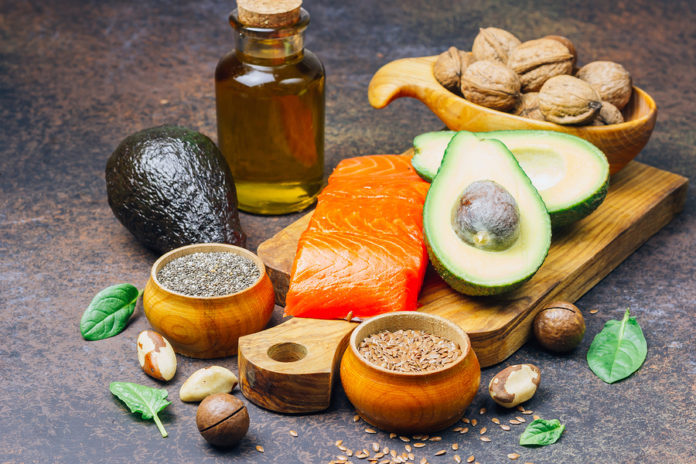
“Everyday food and beverages have become the first stop to health management for baby boomers as well as millennials,” according to Proactive Health: Consumer Demand For Functional Benefits from Kerry. In the company’s study of 1,001 U.S. consumers, 66% of baby boomers, 64% of Gen X, and 71% of millennials said they are proactive with their health.
Kerry’s 2019 research looked at consumers’ health priorities, the role of added functionality in food, and consumers’ perception of 85 potentially functional ingredients. Consumer priorities are weight, mood, energy, and sleep, with people increasingly wanting support from their diets, especially with weight management and energy.
“A dramatic shift in priorities among health-conscious consumers finds them relying on food and dietary supplements as the dominant method to meet their health needs,” states the report. “While medication is the most popular solution for sleep support and mood management, consumers would prefer to use food and dietary supplements.” Kerry sees this preference as an opportunity for the food and beverage industry to develop products that offer these benefits.
What consumers view as functional
Consumers see the following ingredients as the top 20 that offer functional benefits:
- Omega-3 fatty acids/DHA
- Green tea
- Honey
- Coffee
- Probiotics
- Apple cider vinegar
- Oats
- Garlic
- Grapefruit
- Dark chocolate
- Ginger
- Ginseng
- Melatonin
- Avocado oil
- Chamomile
- Spinach
- Ginkgo biloba
- Coconut oil
- Lavender
- Blueberries
The research also asked consumers to identify the ingredients they believed provided the most benefits for specific areas of health. For example, omega-3 fatty acids/DHA was the top choice for heart health, brain health, and bone/joint health. Green tea came out on top for weight management, while melatonin topped the list for sleep support. Honey was first for immune support, followed closely by probiotics, which topped the list for digestive health. Perception of the benefits of specific functional ingredients varied by generation.
Opportunities for added functionality
Consumers most often expect functional benefits from products in categories such as vitamins and supplements, nutritional beverages, yogurt, protein powders, and granola bars. Yet people do want functionality from other products. For example, Mintel research found U.S. consumers of ready-to-drink coffee want options that include antioxidants (47%), promote brain health (40%), are anti-inflammatory (35%), or have added probiotics (30%).
The Kerry research identified two currently overlooked opportunities for food companies to offer added functionality:
- Declining categories, such as breakfast cereals, smoothies, and juice
- Indulgent categories such as cookies, savory snacks, ready-to-drink coffee and tea, and chocolate
For food companies looking to add functional ingredients, Kerry has four recommendations:
- Make added functionality accessible. Enhanced functionality in both healthy and indulgent categories gives consumers a range of food and beverages to include in everyday life.
- Consider the right mix of functional benefits that complement the current product portfolio to differentiate and stay ahead of the competition.
- Create added value by using functional ingredients that take into consideration the science, the supply chain, sustainability, and ethical sourcing.
- Stay rooted in science. One way to deliver on a trend while giving consumers the benefits they want is to combine emerging ingredients (such as apple cider vinegar) with ingredients backed by strong scientific support (such as a science-supported probiotic).








